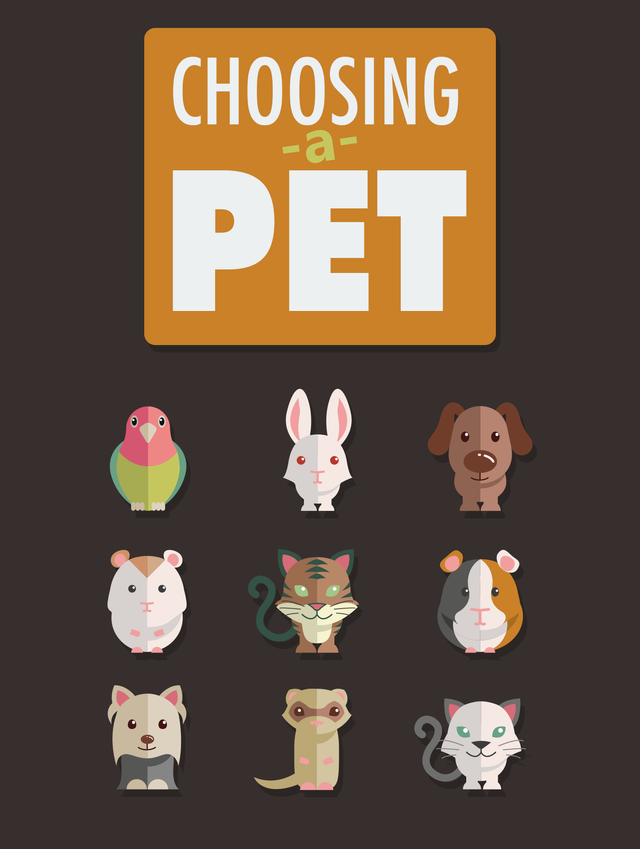
As with all animals, the decision to keep one as a pet, should only be done after due consideration is given to the thought process. Taking the time to gather a lot of knowledge on the subject and the availability of the supporting tools that would be needed for the comfort of the animal chosen should be the priority. Get all the info you need here.

Small Mammals Basics
They are highly dependent on the new owner to provide all the necessary assistance for its survival. However there are some exceptions to the sure but overall these small mammals need care and attention and any neglect would eventually cause their demise.
Some of these small mammals that would make ideal pet choices would include-
- Hamsters
Hamsters don’t really have a long life span and usually live up to about 2 – 3 years only. An adult hamsters would be about 6 inches in length and usually most comfortable as solitary items. Although they don’t really require large cages, because of their active nature a bigger cage would be better than a smaller one. Being sociable and having simple dietary requirements present this choice as a good one to pick
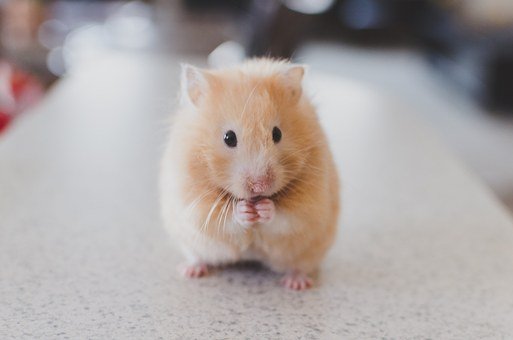
- Guinea pigs
Guinea pigs are a great choice. Small, social and low maintenance, they’re relatively easy to look after, making them an ideal pet to help teach young children about caring and companionship.
The domestic cavy is the only species of guinea pig kept as a pet, living on average for 5 to 6 years. These are sociable animals, so it’s important if you can keep them in pairs. Just because they’re quite easy to look after, it doesn’t mean you don’t need to be prepared. On the exciting day when you bring your guinea pig home, you’ll feel even better knowing you’re ready to give them the best life you can.
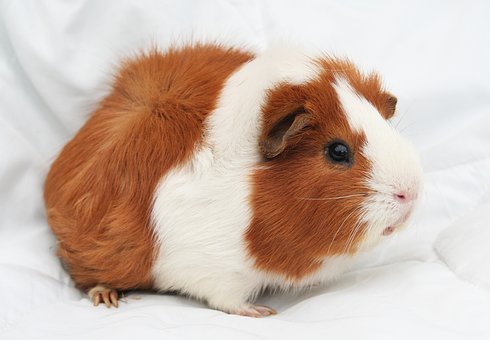
- Gerbils
Gerbils too have a short lifespan of about 2 – 3 years and are very sociable animals. This breed would be comfortable in pairs or even in small groups provided the living space provided is big enough to comfortable accommodate the number decided. However it should be noted that if they are to co- exist as a group, getting them together from a young age would be better than introducing an fully grown one into an already existing group. Keeping only males or females would be a good idea if the pet owner does not want to be burdened with a population explosion as these creature breed really fast.
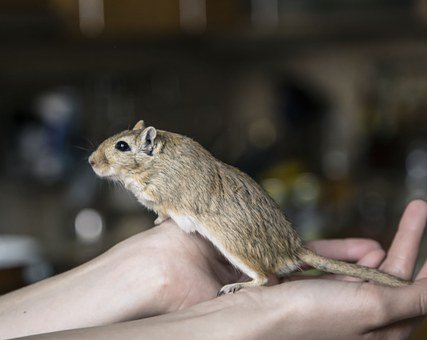
- Rats
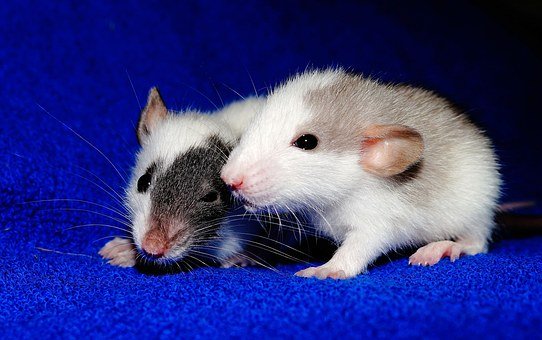
- Mice
Mice are also suitable creatures to pick as pets as they are quite small and easy to maintain. Their cage size requirements are comparatively smaller that other small mammals and they interact well as a group. Being very playful and interactive, they also make excellent pets. However due to their really small size, human interaction may prove to be a challenge and they are more entertaining to watch rather than handled
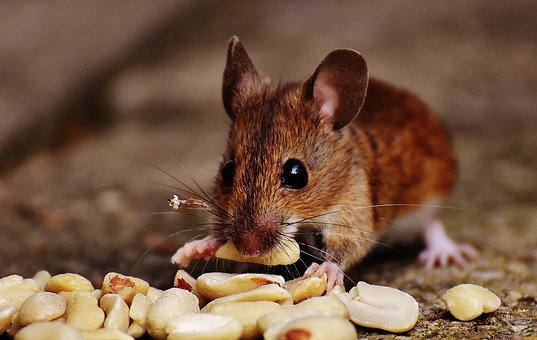
- Rabbits
Rabbits often prefer company to being alone, as long as they are bonded before being left together. This means that each child can have one that belongs to them, name it, and can have the task of being responsible for their own rabbit. Plus, they make quite affectionate pets
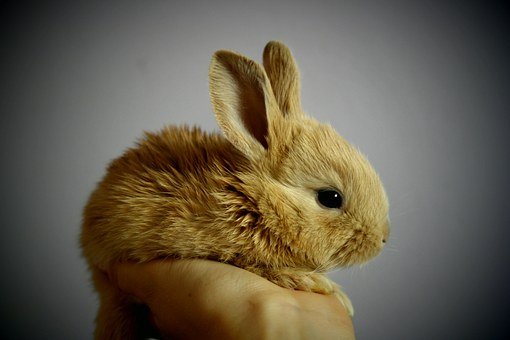
- Chinchillas
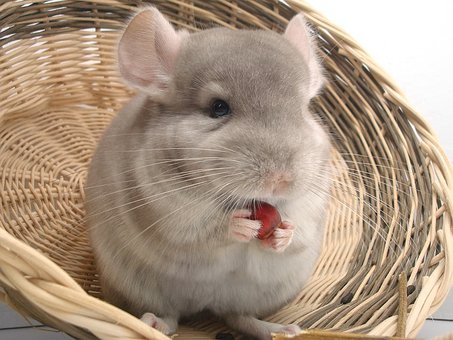
Some of these animals have comparatively short lifespan while others can live for longer periods, but all need the support, care and attention of the owner in order to have a happy and healthy life.
Some of these small mammals are nocturnal creatures and this would be quite frustrating as a pet for children. This would be because these small mammals would spend most of the day sleeping while the child would only be interested in playing with it. This could lead to a very stressful situation for the pet and the owner.
Also some of these pets are not really very active animals and even when awake they would rather just curl up comfortably beside the owner as opposed to running around and performing tricks. The owners who are more knowledgeable would probably understand the need for a quiet and cool location for the cage, thus they would make every effort to make sure this is done.
Having other more active and boisterous pets around may not be the best thing for some of these rather sensitive mammals.
Hope you like it.
Checkout my next part.